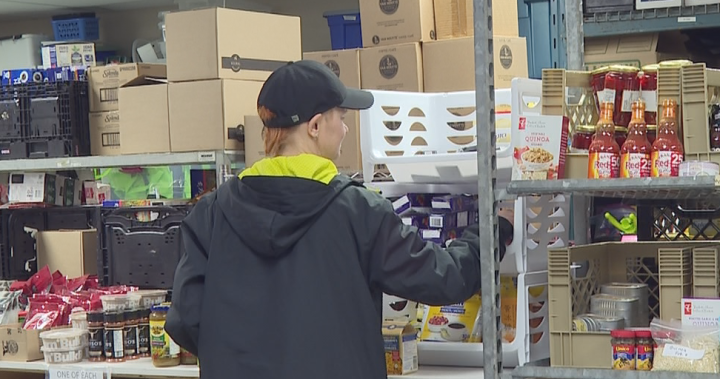kEiThZ
Superstar
Look at this story:

 globalnews.ca
globalnews.ca
I think it's getting obvious that the underlying problem in all these stories are housing costs. Offering school lunch programs (a goal I broadly support) is a bandaid on the sucking chest wound that is housing costs.

Demand doubles at food bank in Oromocto, N.B., driven in part by Canadian Forces members - New Brunswick | Globalnews.ca
Demand has doubled at a food bank in Oromocto, N.B., its executive director says. Members of the Canadian Forces and more seniors needing support are part of the increase.
I think it's getting obvious that the underlying problem in all these stories are housing costs. Offering school lunch programs (a goal I broadly support) is a bandaid on the sucking chest wound that is housing costs.




